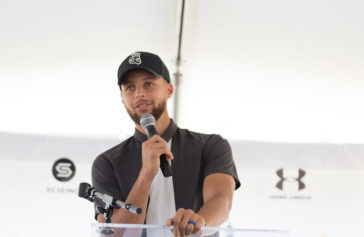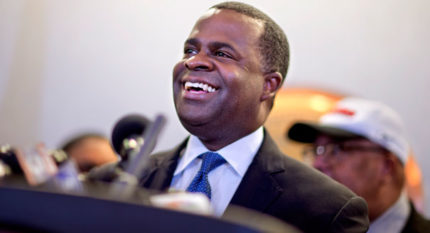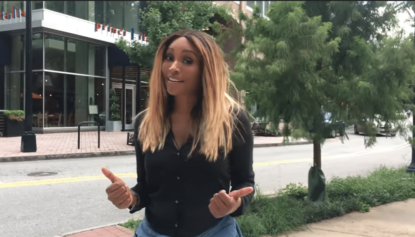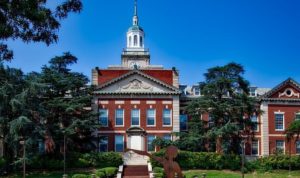
Science, technology, engineering and math graduates from Howard University and HBCUs have improved Google’s intern diversity hiring. (Pixabay)
Continuing to break down the doors of the tech industry, Howard University is partnering with Google to educate Black coders at Howard West.
The Washington, D.C.-based historically Black university and Google announced Thursday, March 23, that Howard West will open the Moutainview, Calif., Googleplex to rising junior and senior computer science majors this summer. Google’s recruitment from Howard has evolved into this student residency program that will be instructed by senior Google engineers and Howard faculty. Students will receive a “generous stipend” for housing and other expenses in Silicon Valley.
“Howard West will produce hundreds of industry-ready Black computer science graduates, future leaders with the power to transform the global technology space into a stronger, more accurate reflection of the world around us,” Howard University President Dr. Wayne A. I. Frederick said in a statement. “We envisioned this program with bold outcomes in mind — to advance a strategy that leverages Howard’s high-quality faculty and Google’s expertise, while also rallying the tech industry and other thought leaders around the importance of diversity in business and the communities they serve.”
Google and Howard already have a relationship through the Google In Residence, a program that places engineers from the tech giant as instructors at HU and other HBCUs. Black colleges and universities are responsible for more than a third of American Black computer science graduates.
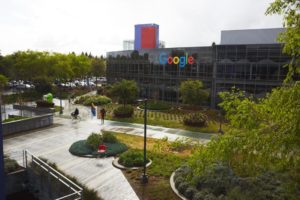
The Googleplex will open its doors to up to 30 juniors and seniors from Howard University this summer. (Google Press Corner)
“During my time at Howard, I worked side-by-side with future lawyers, doctors, writers, entertainers, architects and business leaders,” Google Vice President of Global Partnerships Bonita Stewart said in a statement. “The spirit of total possibility put me on my path to Harvard Business School and, ultimately, Google. Howard West will continue Howard’s tradition of providing unprecedented access to opportunity, only now with a presence in the heart of Silicon Valley.”
Howard West is looking to become a hub for not only Google but the entire tech economy and will eventually expand to accept students from other HBCUs in the future.
